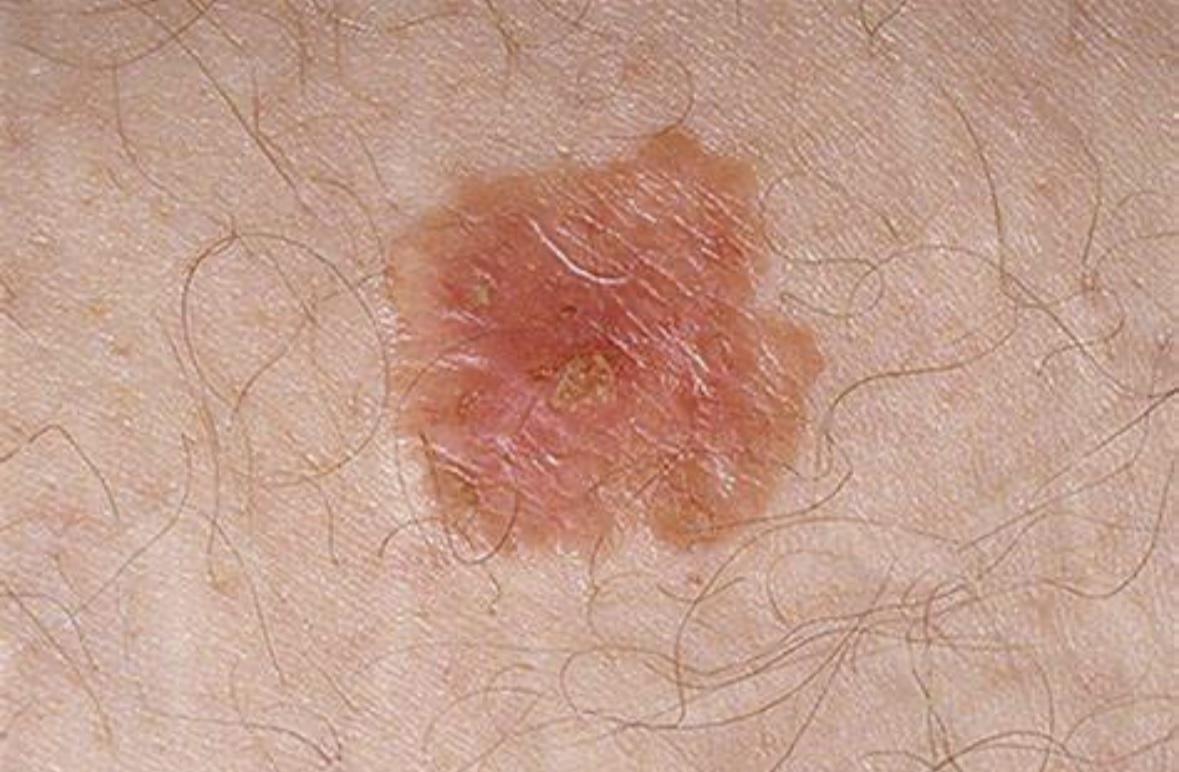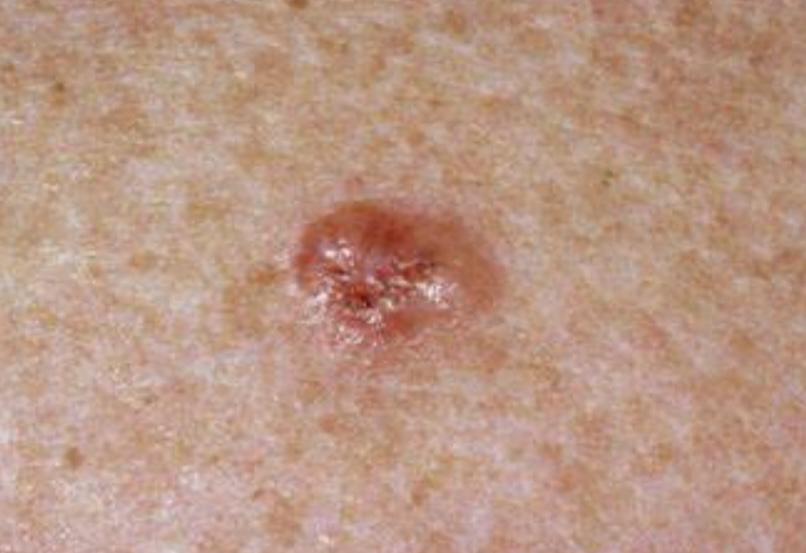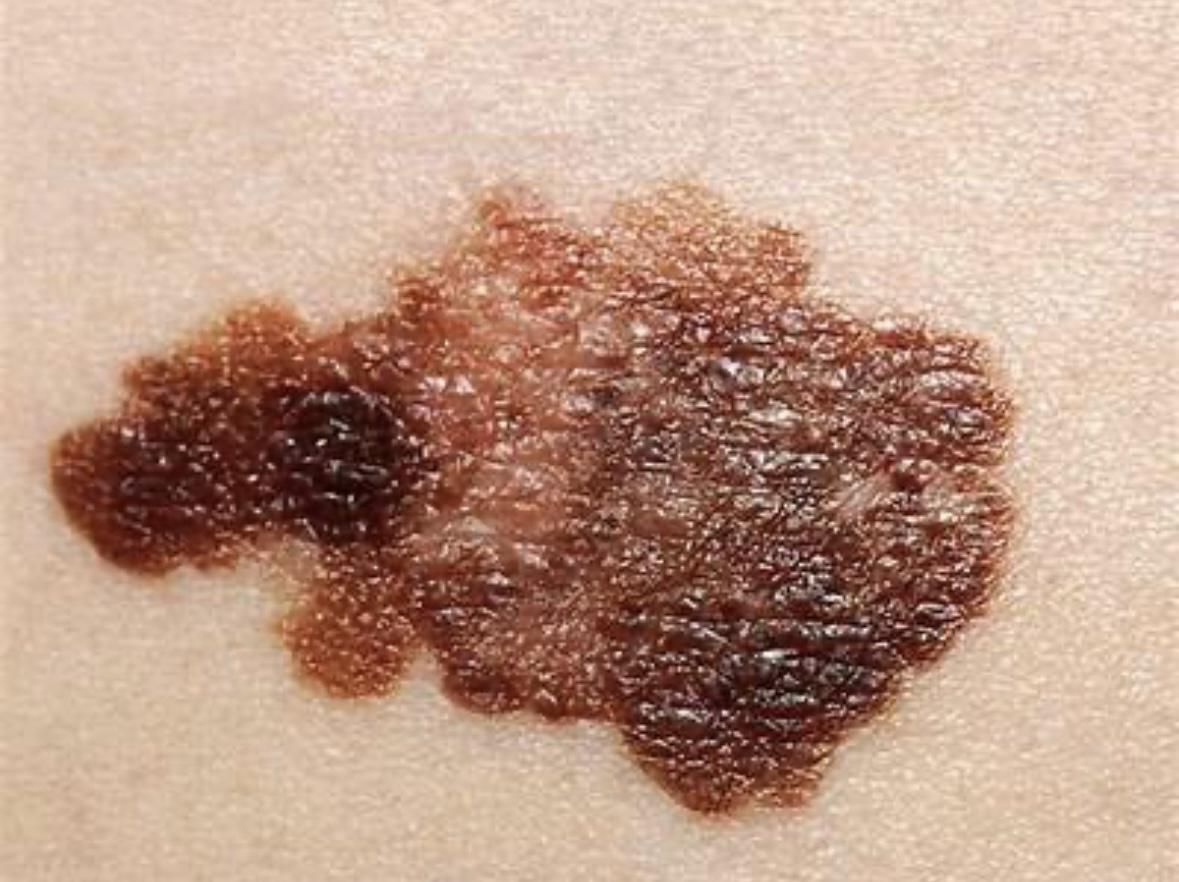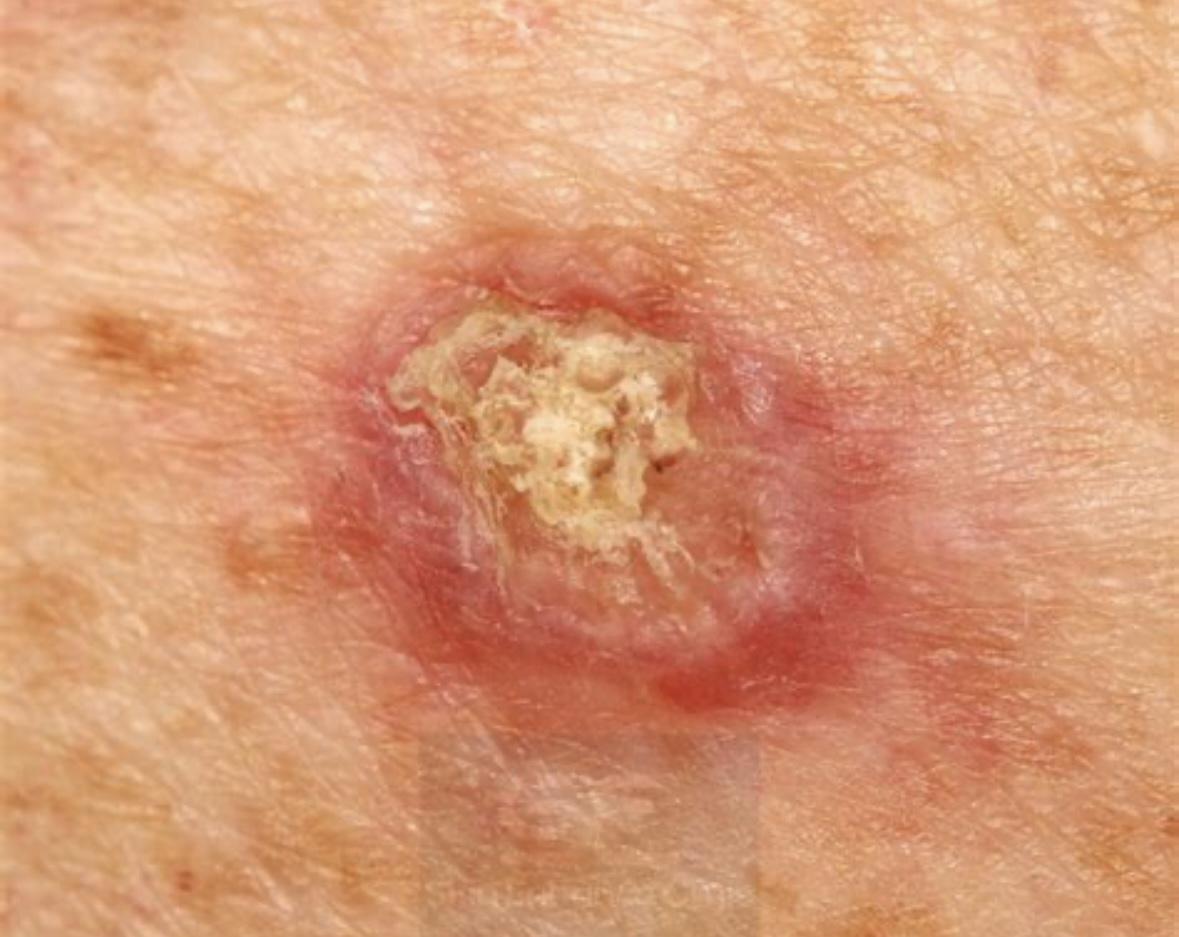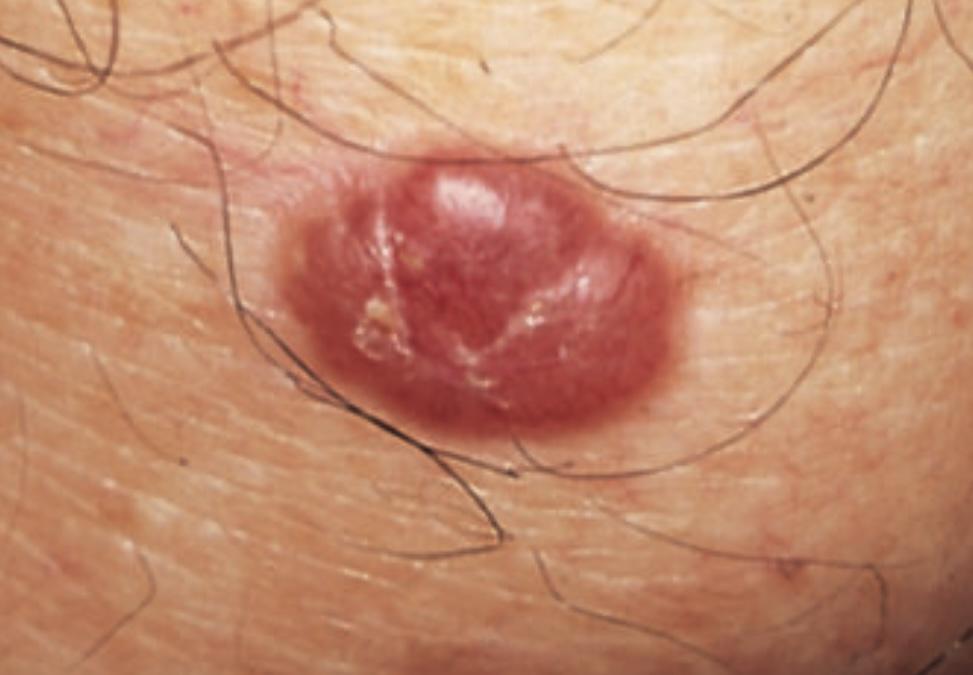
Dermatology Services from Dermatology Outreach
Dermatology Outreach Offers Dermatology Care For All Ages
Dermatology Outreach specializes in medical dermatology services. Our staff at Dermatology Outreach is committed to providing dermatology services in a timely and caring fashion for our Clients.
COOLSCULPTING®
CoolSculpting is an FDA-cleared, non-surgical aesthetic treatment that especially targets stubborn deposits of fat in certain areas of the body. Using patented technology, the treatments freeze fat cells under the skin. Over time, the body reduces the fat layer for good over a period of one to three months. CoolSculpting reshapes the body without surgery and our dermatologist may recommend it for clients who want to reduce fat deposits under the jaw line, the upper arms, back, abdomen, thighs, and more. Call for a free consultation to review any precautions and discuss your personal CoolSculpting treatment plan today.

CONDITIONS & TREATMENTS

- Acne Treatment
Acne treatment is very common among teenagers and young adults. There are many options available when successfully treating acne. Acne usually responds best to a combination of treatment modalities. We can treat acne aggressively to deliver the best results possible.
- Rosacea
Adults who experience blushing or flushing in the center of their face can be experiencing the symptoms of rosacea. These individuals may also experience inflammatory acne like symptoms. Some of the triggers for this are sun exposure, drinking a hot beverage, and eating spicy food. Long-term treatment is indicated to not only control rosacea, but also slow the progression of the skin disorder.
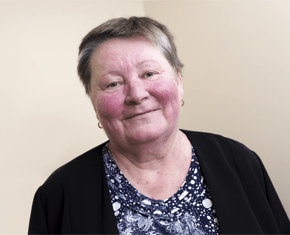
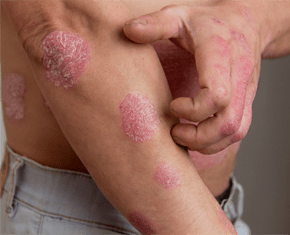
- Psoriasis
This chronic genetic condition that presents with scaling red patches on any area of the skin is psoriasis. The skin becomes inflamed, showing red patches with silvery scales. There are four types of therapy for psoriasis:
- Topical Therapies, including emollient creams and topical corticosteroids
- Systemic Medications (medication taken by mouth)
- Biologic Medications (medication by injection)
- Ultraviolet Light Therapy
- Eczema
An itchy chronic skin irritation that affects clients of all ages. Eczema is most likely to start in your childhood years. Children can outgrow eczema but many have spotty flares into their adulthood. There are basic skin care measures, as well as medications to help control the symptoms.
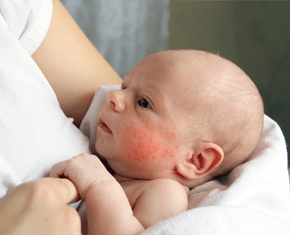
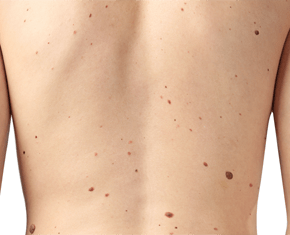
- Moles
Moles are benign growths which develop from the body’s own pigmented cells. Moles are most likely to develop in childhood, adolescence, and young adulthood. Irregular color or borders along with increasing size and irritation may indicate a need for removal. Some moles can have abnormal cells in which case removal is indicated. Mole removal is usually very simple and performed the day of your visit.
- Warts
Mostly appearing on the hands and feet, warts are benign tumors. Warts are skin colored and have a rippled surface. Plantar warts that are only on the soles of the feet can cause pain. Warts are viral in nature and can spread. Cryosurgery is the treatment most often used.
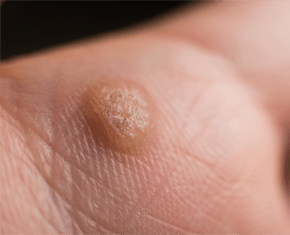
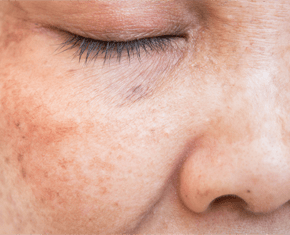
- Sun Damage
Any skin type can develop sun-damaged skin. This damage mostly appears on the face, chest, neck, hands, arms, and the legs. Sun damage occurs from prolonged exposure to UVA and UVB rays. This can result in brown spots, dilated blood vessels, and fine lines and wrinkles. Your skin care routine should include both preventing and repairing sun damaged skin. Sunscreen with SPF 30 should be used daily and replaced every two hours while outside.
- Dry Skin
Dry skin is usually a diagnosis that can be made clinically by observing skin with fine scale, cracking or fissuring. Sometimes dryness is just one manifestation of underlying inflammation and a biopsy may be needed to rule out other skin disorders.
Treating dry skin involves replenishing the water content in the skin. The best way to achieve this is by bathing in cooler water with a gentle soap followed by liberal application of moisturizing cream.
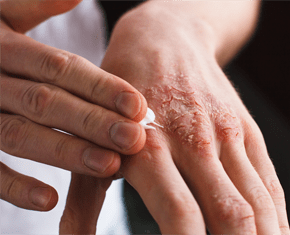
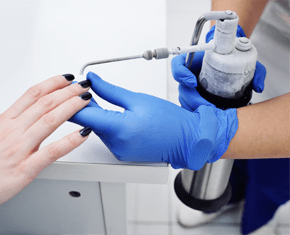
- Cryosurgery
Cryosurgery is the application of extreme cold temperatures to treat skin lesions and conditions. Liquid nitrogen may be sprayed or applied directly onto the skin lesions. Liquid nitrogen may be used to treat many skin conditions including pre-cancers cells, warts, and skin tags. Only one treatment is normally required but some warts may require more than one session.
- Skin Cancer
Skin cancer is the uncontrollable cell growth of the outer layer of the skin. Basal cell carcinoma and squamous cell carcinoma are the most common type of skin cancer and most of the time grows slowly and rarely metastasizes or spreads. Melanoma is the less common, but more deadly form of skin cancer, and develops in the lower layers of the skin and usually appears darkly pigmented. Treatment options vary based on size, location, and type of skin cancer.
